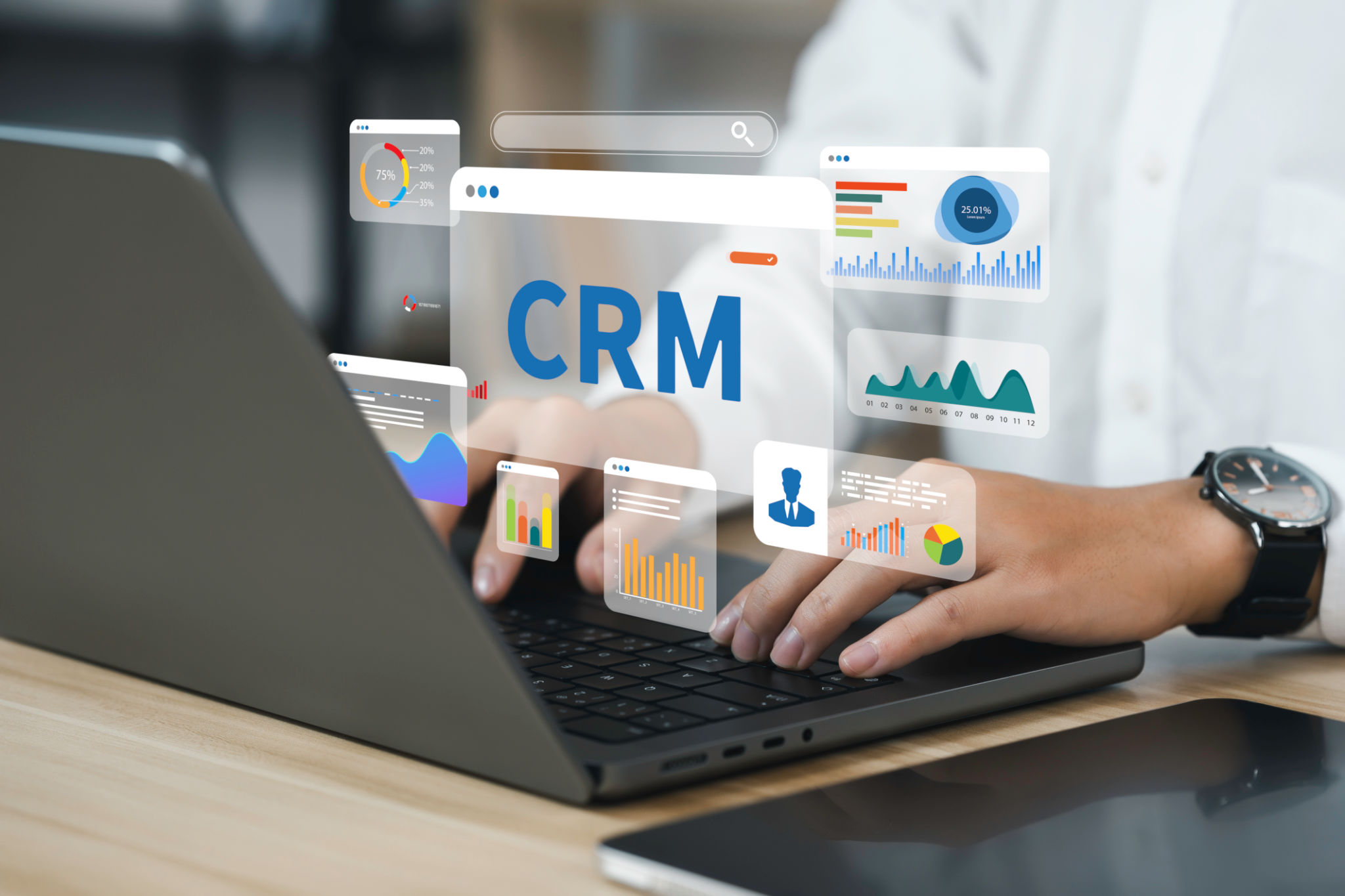The Ultimate Guide to HubSpot Data Migration: Ensuring a Smooth Transition
Understanding HubSpot Data Migration
Data migration to HubSpot can seem daunting, but with the right approach, it can be a seamless process. Understanding what data migration entails is crucial for ensuring a smooth transition. It involves the transfer of data from your current CRM or data storage system to HubSpot, maintaining data integrity and ensuring that all your valuable information is preserved.

Preparation: The Key to Success
Before diving into the migration process, it's essential to prepare adequately. Start by conducting a comprehensive audit of your existing data. Identify which data is essential and which can be archived or discarded. This will not only streamline the migration but also enhance the efficiency of your new HubSpot setup.
Another critical step is to clean your data. Remove duplicates, fix errors, and ensure consistency across all datasets. Clean data will lead to more accurate reporting and a better user experience post-migration.
Setting Clear Objectives
Define clear objectives for what you aim to achieve with the migration. Whether it's improving marketing efficiency, enhancing customer relationship management, or leveraging advanced analytics, having a defined goal will guide the entire process.
The Migration Process
The data migration process can be broken down into several key steps:
- Data Mapping: Ensure that each data field in your current system has a corresponding field in HubSpot.
- Data Export: Extract your data in a format compatible with HubSpot, such as CSV or XLSX.
- Data Import: Use HubSpot's import tools to upload the data into the platform.
- Testing: Conduct thorough testing to verify that all data has been accurately transferred and is functioning as expected.

Utilizing HubSpot Tools
HubSpot provides various tools to facilitate the migration process. From import guides to customer support, take advantage of these resources to ease the transition. Additionally, consider using third-party tools or hiring a consultant if your migration involves complex datasets.
Post-Migration: Ensuring Long-Term Success
After the migration is complete, focus on maximizing your investment in HubSpot. Train your team on how to use the platform effectively, and ensure they are aware of any new processes or workflows that have been implemented.
Regularly review and update your data to maintain its accuracy and relevance. Utilize HubSpot’s reporting features to gain insights and make informed decisions that will drive your business forward.

Continuous Improvement
The transition to HubSpot is just the beginning. Continuously look for ways to improve and optimize your use of the platform. Regularly evaluate your processes and adapt as necessary to ensure that you are getting the most out of your investment.
By following these guidelines, your transition to HubSpot can be a smooth and successful experience, setting the stage for improved operations and business growth.
